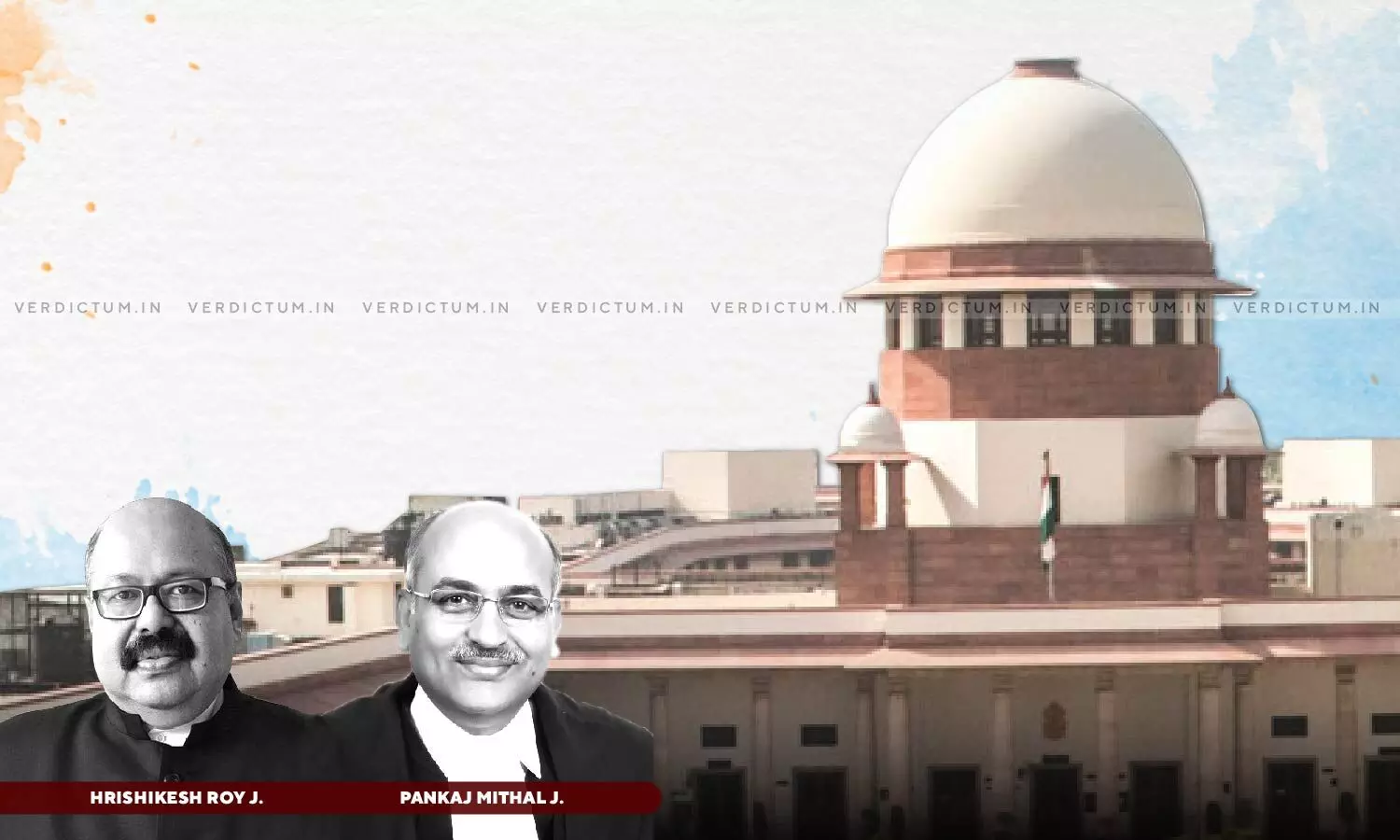
Extra-Judicial Confession Cannot Be Given Greater Credibility Only Because It’s Published In Newspaper & Available To Public: SC
 |
|The Supreme Court while dealing with two appeals relating to a murder case has observed that an extra-judicial confession cannot be given greater credibility only because it is published in a newspaper and available to the public.
The two-Judge Bench of Justice Hrishikesh Roy and Justice Pankaj Mithal said, “To show the error in the reasoning of the High Court on laying much credibility on the newspaper reports, the learned Senior Counsel Mr. D. Seshadri Naidu quoted Mark Twain who said, “If you don’t read the newspaper, you’re uninformed. If you read the newspaper, you’re misinformed.”. In the facts of the present case, this Court is inclined to accept the submission of the learned Counsel that an extrajudicial confession cannot be given greater credibility only because it is published in a newspaper and is available to the public at large.”
The Bench added that it is well-established in law that newspaper reports can at best be treated as secondary evidence.
Senior Advocate Dama Seshadri Naidu with Advocate Pai Amit appeared for the appellant while AAG Nishant Patil appeared for the State/respondent.
Facts of the Case -
In 1994, at night, the accused persons committed the murder of one person by shooting him down with an SBBL shot, and as many as 18 accused persons were arrayed for trial before the Sessions Court. The Trial Court ordered conviction of the accused No. 8 under Section 302 of the IPC read with Section 25 of the Arms Act and the other accused were convicted under Section 302 read with Section 112 of the IPC.
All the accused were acquitted of charges under Sections 143 and 120-B of the IPC. On an appeal, the High Court confirmed the conviction of the accused persons but acquitted accused Nos. 2, 4 to 7, by giving them the benefit of doubt. The two appeals were, therefore, filed before the Apex Court challenging the decision of the High Court.
The Supreme Court after considering the submissions of the counsel noted, “Surprisingly, the High Court noted that the newspaper report regarding extra-judicial confession carries greater credibility because the information is made open to public at large. In the context, the argument advanced by the defence that PW-21 did not directly hear the extra-judicial confession of the two accused was brushed aside as untenable only because there was a newspaper report by the PW-21 on the alleged extra-judicial confession.”
The Court further held that the appellants succeeded in making out a case of inadequate evidence to sustain their conviction under the judgment of the High Court.
“… having regard to the above discussion and also the unacceptable evidence, we deem it appropriate to order for acquittal of both Kadira Jeevan (A-1) and B.S. Dinesh (A-3)”, said the Court.
Accordingly, the Apex Court allowed the appeals and acquitted the accused.
Cause Title- Dinesh B.S. v. State of Karnataka